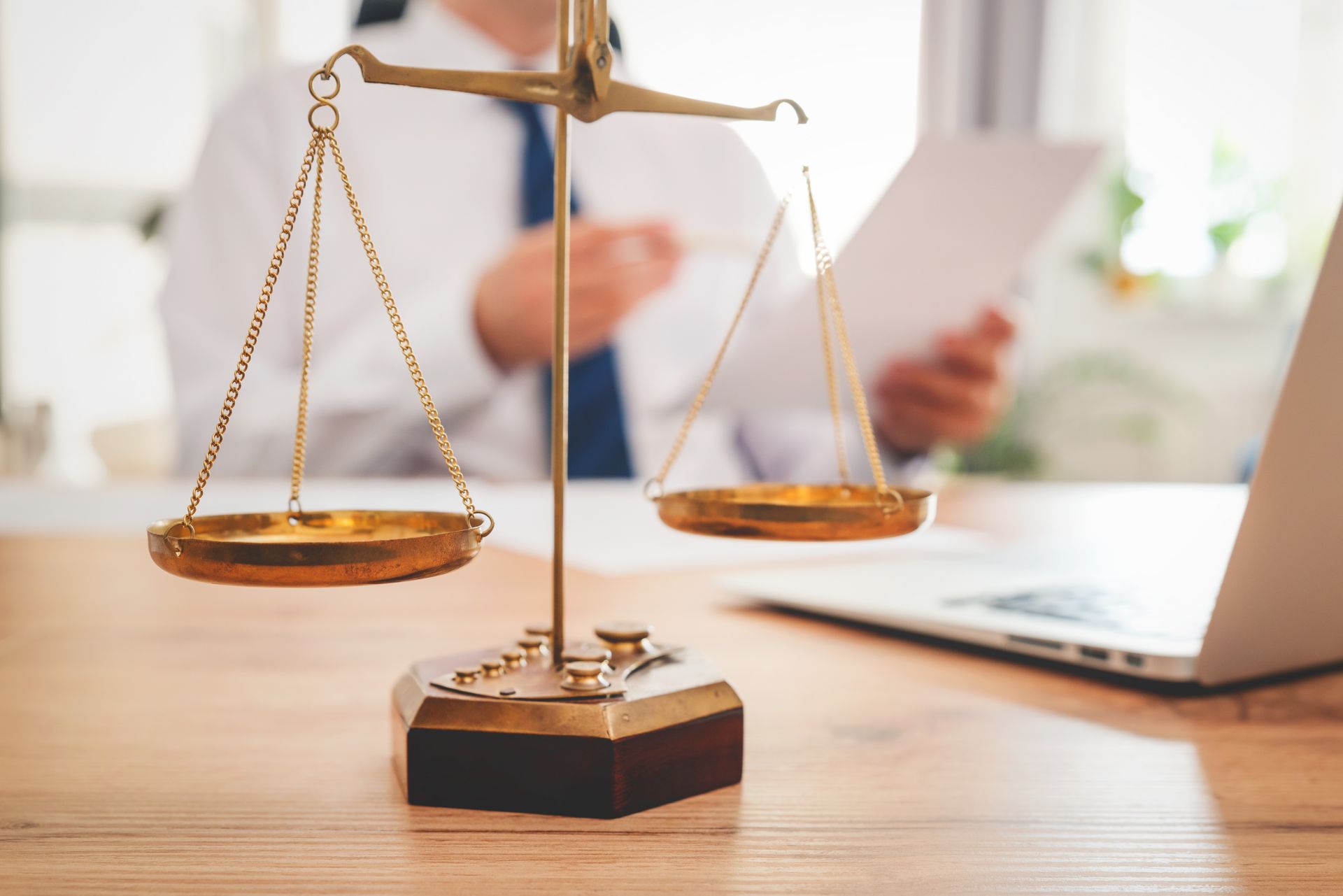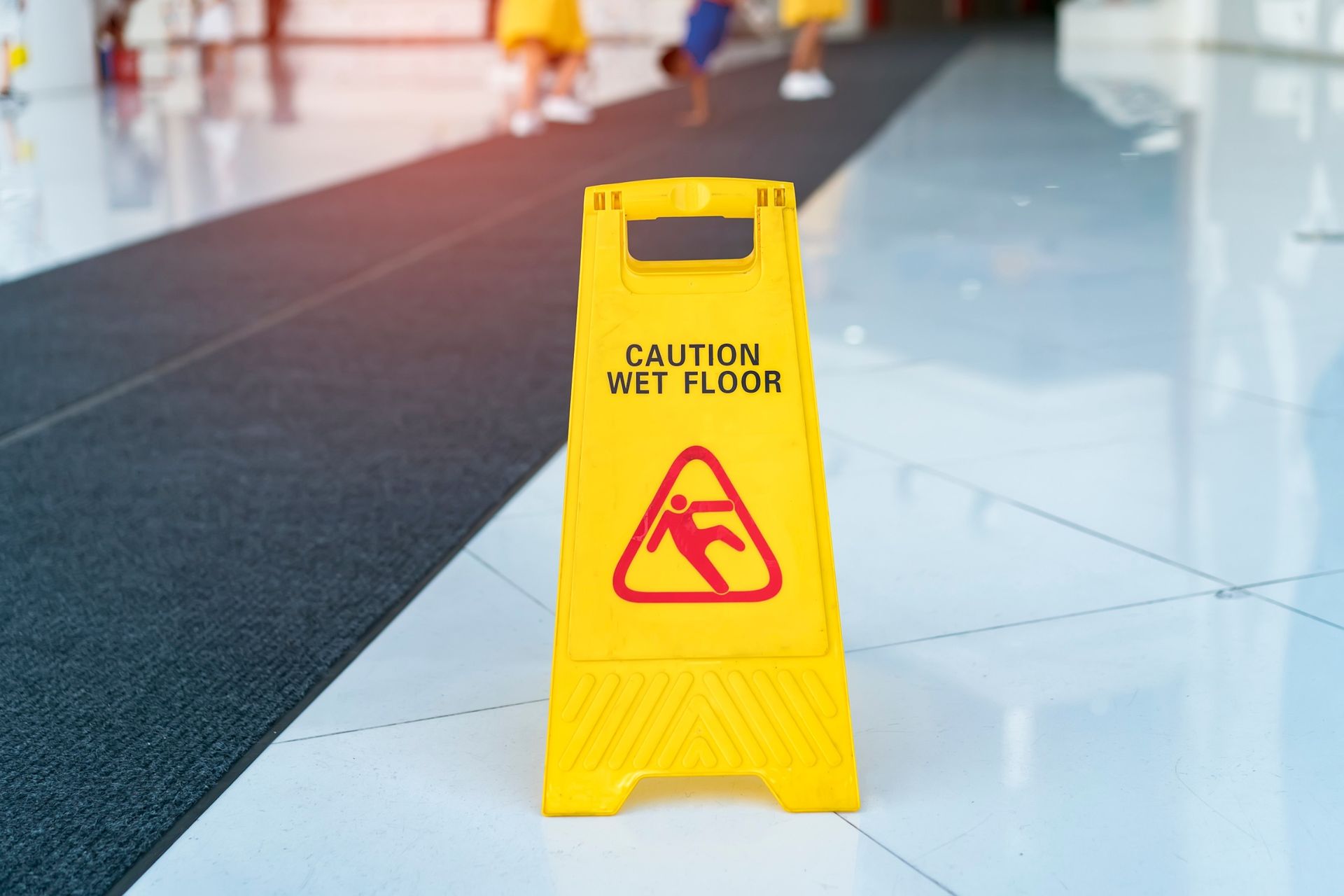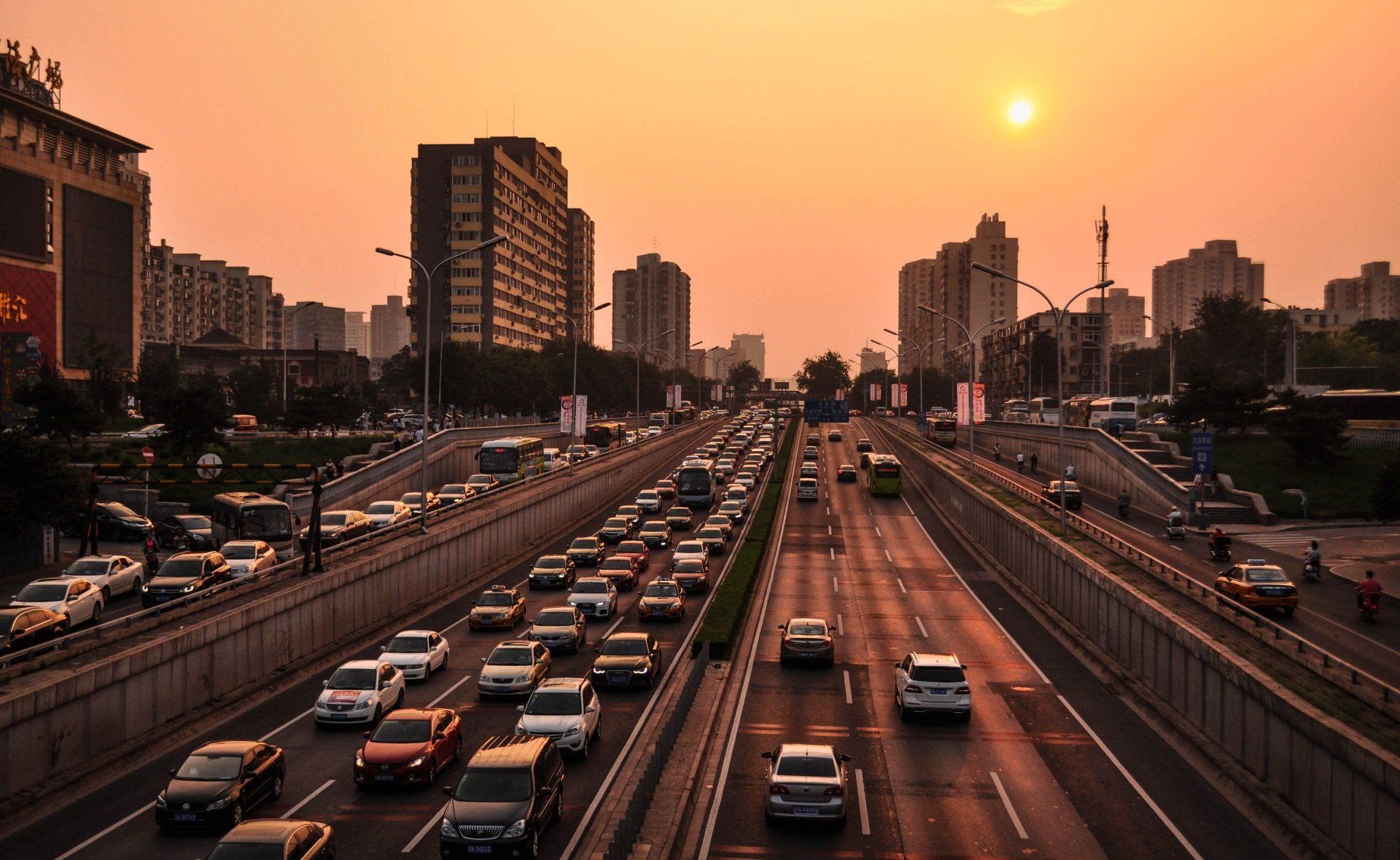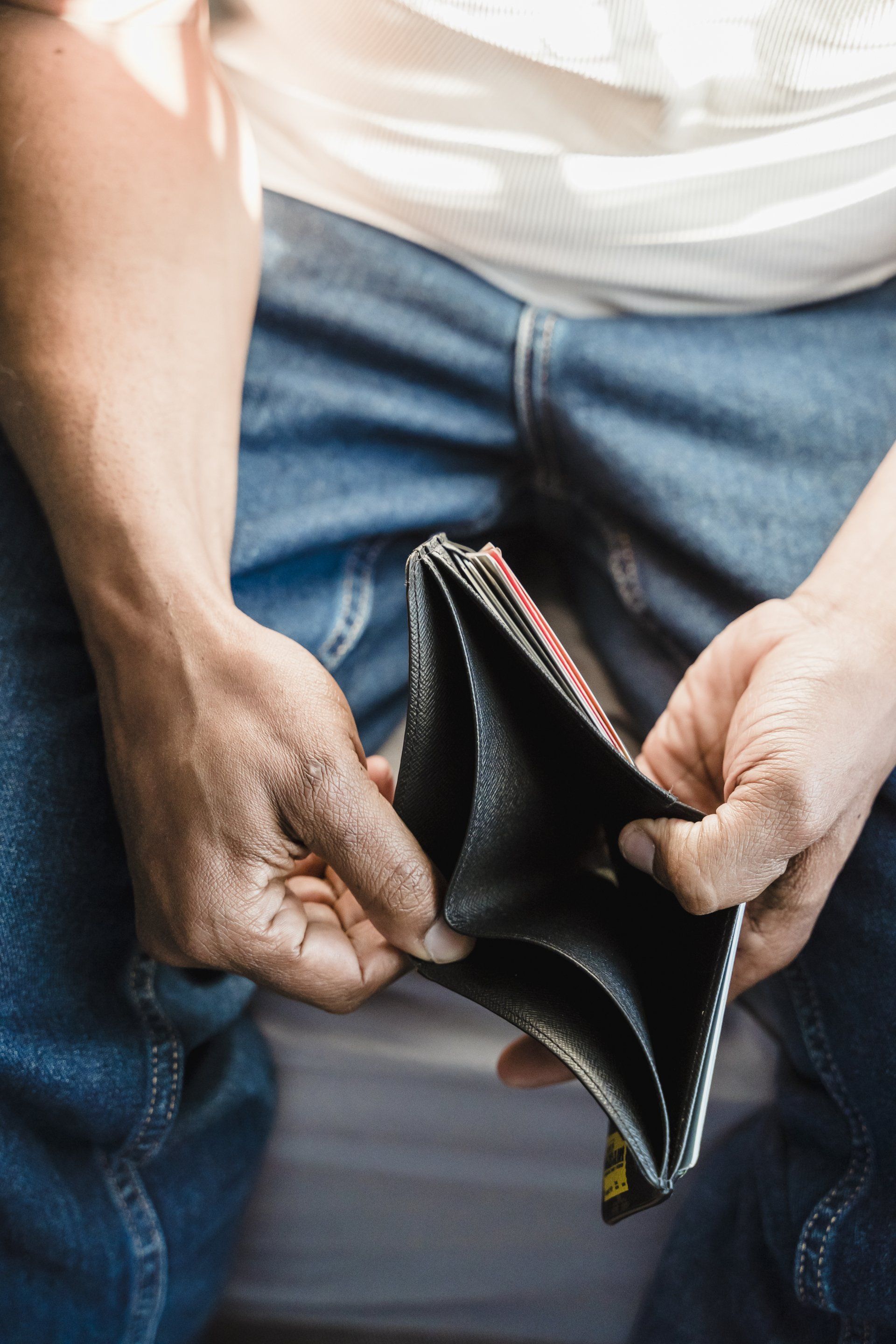How does one prove negligence in a slip and fall accident?
How does one prove negligence in a slip and fall accident?
Negligence is the cornerstone of personal injury law, especially in slip and fall cases. Proving it is paramount for victims seeking compensation. Let's explore the process and its intricacies.
The Four Elements of Negligence
In any negligence claim, there are four essential elements that must be proven:
- Duty of Care: It's the responsibility that one party owes to another. For example, store owners owe a duty of care to their customers, ensuring their premises are safe.
- Breach of Duty: Demonstrates that the defending party failed in upholding their duty. Like a wet floor without a warning sign could be considered a breach.
- Causation: The breach directly resulted in the accident. If someone slips on a wet floor where there was no warning, causation is established.
- Damages: The victim suffered actual harm, either physical or financial. Medical bills or lost wages are examples of damages.
Gathering Evidence for Your Case
Solid evidence is key in supporting your negligence claim:
- Accident scene photos: Photos of the accident spot can reveal conditions that led to the fall, such as a broken sidewalk or spilled liquid.
- Surveillance footage: Many businesses have surveillance cameras. This footage can be crucial in showing exactly how the accident occurred.
- Eyewitness accounts: Witnesses can provide testimony on what they saw, which can corroborate your version of events.
- Medical records: These documents prove the injuries sustained and their connection to the accident.
Common Places Slip and Fall Accidents Occur
Certain places are more prone to slip and fall accidents:
- Retail stores: Overcrowded aisles, spilled liquids, or uneven flooring can be hazardous.
- Public sidewalks: Poor maintenance, such as potholes or ice, can cause accidents.
- Workplaces: Especially in industries like construction, slips and falls are common due to uneven surfaces or equipment.
Importance of Consulting with a Legal Expert
While the process might seem straightforward, it's always beneficial to consult an expert:
- Expertise in the field: Personal injury lawyers know the ins and outs of slip and fall cases, ensuring you follow every necessary step.
- Guided legal advice: They can guide you on collecting evidence, speaking to witnesses, and negotiating with insurance companies.
- Maximizing compensation: Expert lawyers can help ensure you get the compensation you deserve.
Conclusion
Proving negligence in a slip and fall case can be intricate but is essential for rightful compensation. By understanding the four elements of negligence and gathering robust evidence, and with the help of a legal expert, victims can strengthen their claims and seek justice.










